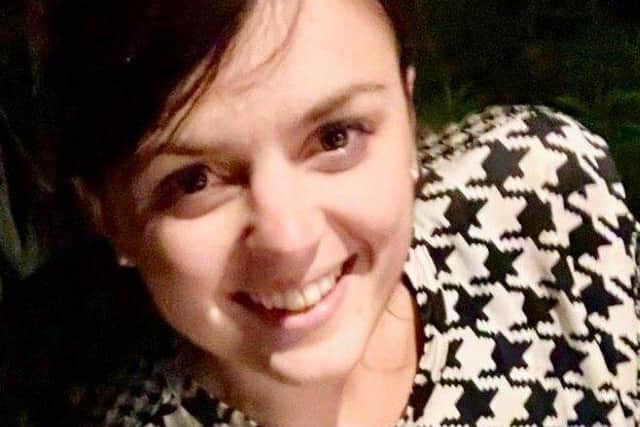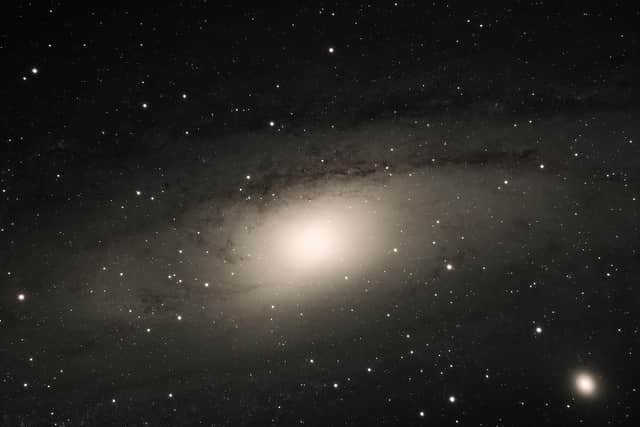Astrophysicist from Portsmouth scoops international award for her work on the universe
and live on Freeview channel 276
Dr Maria Vincenzi has bagged the prestigious Michael Penston Thesis Prize 2021 by the Royal Astronomical Society for the best doctoral thesis in astronomy or astrophysics, including astrochemistry, astrobiology and exoplanets.
She completed her work last year at the University of Portsmouth’s Institute of Cosmology and Gravitation, with the thesis focusing on Dark Energy Survey (DES) – a project to make a map of a large part of the night sky – is considered central to achieving the survey’s science goals.


Advertisement
Hide AdAdvertisement
Hide AdDr Vincenzi also won the outstanding doctoral thesis award by the Universities Research Association (URA) and Fermilab, an annual award which recognises outstanding work for a thesis conducted at or in collaboration with the US Department of Energy’s Fermi National Accelerator Laboratory.
Dr Vincenzi’s work is focused on measuring the expansion of the universe using a specific class of supernovae, called Type Ia Supernovae. The main goal of her thesis was to quantify and model the effect that potential contamination from other classes of Supernovae (not Type Ia) can have on measurements of the cosmic expansion.
She said: ‘I’m very grateful for this recognition. The PhD was a great adventure and journey for me. First of all because I had the luck to learn from amazing scientists, starting from my PhD advisors Bob Nichol at the University of Portsmouth and Mark Sullivan at the University of Southampton.


‘Second, because I was able to work in the dark energy survey collaboration, an international scientific collaboration that involves astrophysicists across the world. The survey was designed with the goal of improving our understanding of the universe and its ingredients.’
Advertisement
Hide AdAdvertisement
Hide AdProfessor Bob Nichol, formerly of the University of Portsmouth who supervised Maria’s PhD before he moved to the University of Surrey in January, said: “Maria is an excellent astrophysicist who has not only won this prestigious UK award, but also another highly respected award across the Atlantic.’
Dr Or Graur, senior lecturer in astrophysics in the institute of cosmology and gravitation, University of Portsmouth, added it was ‘clear’ Maria had the ‘potential to go far’, adding: ‘I'm excited to see what Dr Vincenzi will do next.’
Comment Guidelines
National World encourages reader discussion on our stories. User feedback, insights and back-and-forth exchanges add a rich layer of context to reporting. Please review our Community Guidelines before commenting.
